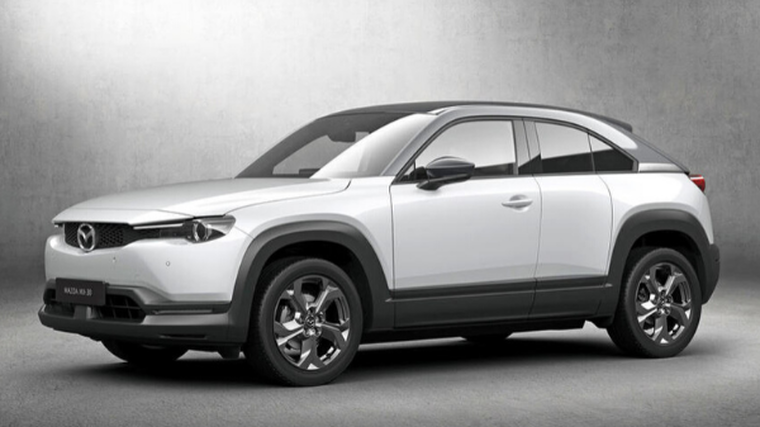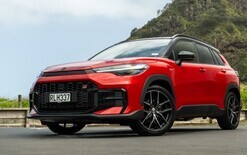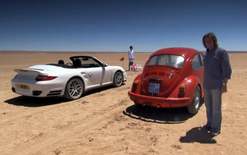Mazda makes EV artificially slower

Mazda has revealed its first electric car was made artificially slower so it would feel more like a petrol car to drivers.
The Japanese carmaker marked its electric vehicle (EV) debut with the MX-30 in 2019. Along with installing a smaller battery pack than some of its rivals, Mazda also reduced the torque of the vehicle’s electric motor to match the acceleration of a petrol car.
It is claimed engineers wanted the MX-30, pictured, to “feel less like a dramatic change from a typical internal combustion engine vehicle”, reports Autocar.
The MX-30 has a 35.5kWh battery and a powertrain capable of 105kW of power and 264Nm of torque. Its range is about 210km.
Joachim Kunz, head of product development and engineering at Mazda Europe, says it will never build a “big-battery” electric car, because it believes such vehicles are less environmentally friendly over a whole energy life cycle.
Citing a Japanese study, he claims an EV with a 95kWh battery has such a disadvantage of embedded carbon dioxide (CO2) emissions at the point of sale that a new Mazda Skyactiv diesel car will probably be more CO2 efficient across its lifetime.
Kunz says Mazda has calculated an EV with a 35kWh battery makes more sense environmentally.





